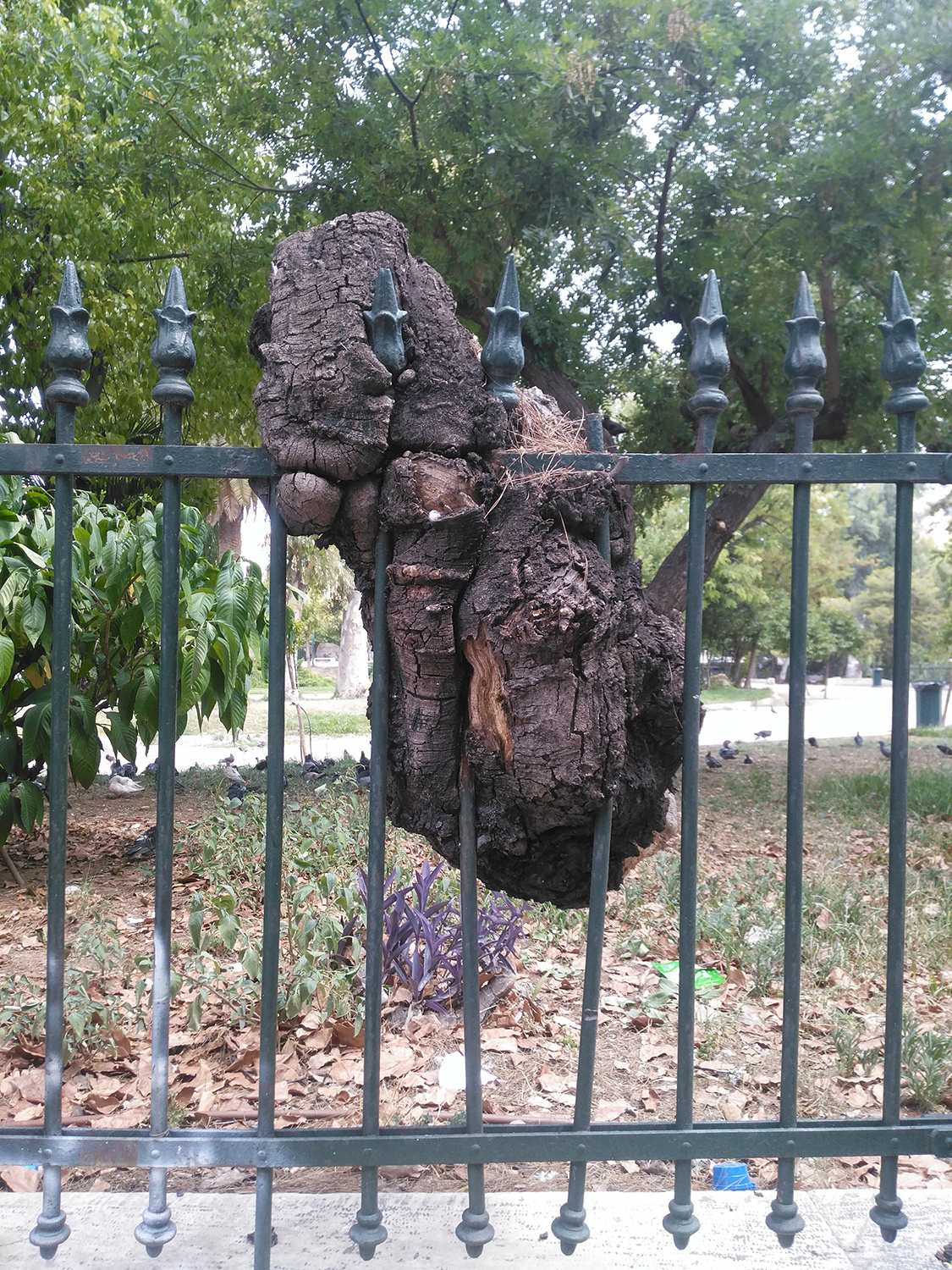A photograph, hazy in the way old photos can be, reveals a young woman in traditional Kurdish costume, a clunky metal headdress atop her head. She doesn’t smile. In another, shoulder pads conspicuous, she dons a black headband. Her hair is permed, brows are knit: a child of the eighties. In most photos, though, her hair is cut boy-short, and she’s wearing the telltale khaki vest, oversize belt, and baggy dervish pants of the cause. A Kalashnikov, purposeful, by her side. Soon, she has a hold on you. You learn that she’s a chemist turned editor; the only woman to hold that post at a storied pro-Kurdish newspaper. By 1990, she’s already been arrested and tortured. In 1995, she drops everything to become a guerilla. In the movement, you have to make sacrifices; steer clear of anything that might distract you from the struggle, like booze or sex or sweets. Fighters are encouraged to keep journals—an act of resistance, a defiant trace of history writing when yours is endlessly rewritten, erased. (Virginia Woolf called it “life writing.”) From 1995 to 1997, she keeps such a journal and makes 107-odd entries. She spurns thick description—there isn’t time—but offers up gems. There are the standard facts and figures. But there are enigmatic non sequiturs, too. Like this one: “Apparently Cleopatra was taking a bath with Zagros’s vines coming to her via a pipeline installed between Zagros and Alexandria.” She writes about the music she loves: the Lebanese singer Fairuz, the great Aram Tigran, even Rodrigo, the cheesy Argentine. She writes about her too-heavy scratchy uniform and her overlarge shoes (she’s a 38, but alas, she’s stuck with 43). She writes poetry, sometimes. But mostly she ponders the difference between being an intellectual and a freedom fighter. She yearns to be the latter. Being safe is scary. Where did I hear/see that? One year after she’s killed—both her legs are blown off in 1997 care of a German-made tank—her diaries are published, in Germany. In 2014 a small press also manages to publish them, this time in Turkey. Not long after, in the midst of political tumult, the diaries are banned. You find a copy. You read her. You dream of her. You even start seeing a therapist—your first—to begin to understand the hold she has on you. You, Banu, born in 1970 in Ankara, think of her, born in 1965 in Ziver. You conjure her size 43 shoes with her size 38 feet sliding around inside.
—Negar Azimi


